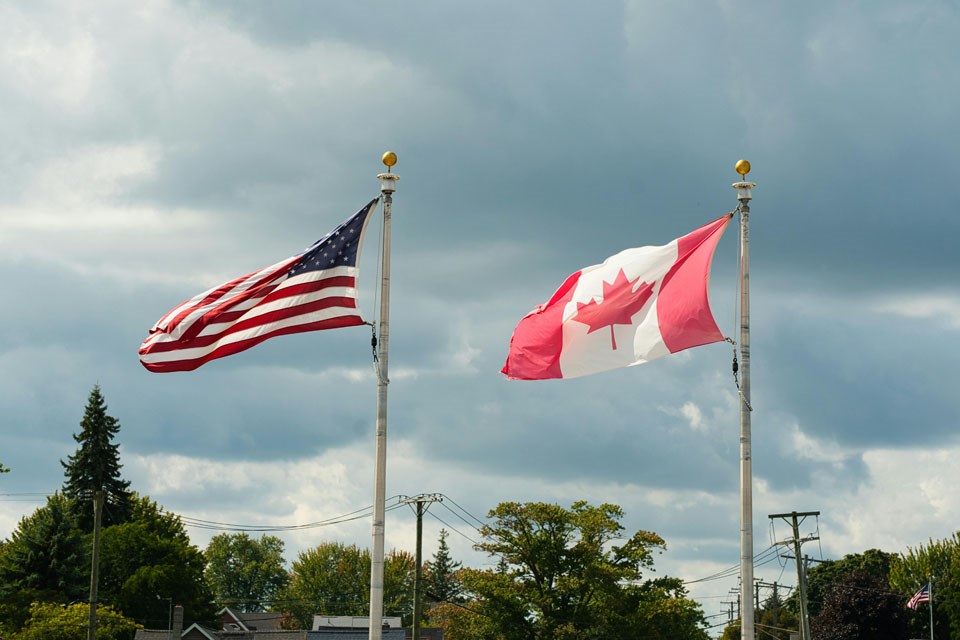Prime Minister Mark Carney’s decision to roll back most counter-tariffs on Sept. 1 is more than welcome relief at the checkout. It’s an admission the tariffs never should have been imposed in the first place, and that consumers unfairly paid the price.
The rollback means lower grocery bills, greater choice for grocers and—most importantly—a brake on food inflation. The tariffs acted like the tide lifting all boats: when the price of orange juice, peanut butter or coffee jumped, it indirectly pushed prices elsewhere upward as grocers rebalanced their pricing.
As we enter the critical fall season, when demand for everyday staples like bread and dairy and prepared foods such as canned goods and ready-to-eat meals typically rises, removing artificial cost pressures will help keep food inflation in check.
But this move isn’t just about food prices. More to the point, it quietly acknowledges what many suspected: counter-tariffs were being applied to goods that were technically exempt under the Canada–United States–Mexico Agreement (CUSMA), the trade deal that replaced NAFTA. That made them not only harmful to consumers but a likely violation of Canada’s own obligations under the agreement. Few Canadians were aware of it, but they certainly felt it in their wallets. The rollback is not just an economic fix—it is a political and legal admission of error.
Carney did the right thing, and on balance, it was a good day for Canada. His decision reflects an understanding that the counter-tariffs were never about a direct trade war between Canada and the U.S. Instead, they were a response to a broader geopolitical shift—an America First agenda from Washington aimed at reinforcing U.S. leverage globally, not targeting Canada specifically. By resetting the relationship with Washington, Carney is prioritizing the bigger picture: CUSMA and broader North American integration. The rollback is a gesture of goodwill that acknowledges that reality.
That goodwill matters because Carney’s move also reflects a simple truth: we need to get along with the U.S. More than 70 per cent of our trade flows through the U.S. market. For food, the dependency is even deeper, with supply chains tightly interwoven across the border. Stability in this relationship directly influences the prices Canadians pay for groceries.
That’s what makes the current strain so dangerous. Canada is already facing one of its worst trade crises in a generation. The recent U.S. tariff hikes on Canadian agri-food products aren’t just policy wrinkles—they’re a gut punch. In that context, the rollback isn’t just symbolic—it’s urgent. It offers a timely response to mounting pressures on both farmers and consumers. If Ottawa fails to go further, Canadians will continue to pay the price.
Rolling back counter-tariffs is only a first step. Ottawa still has unfinished business. The costs of moving food across provinces remain unnecessarily high, with different rules on food and alcohol creating internal trade barriers that drive up prices. Removing these would improve efficiency and lower costs for consumers. Canada must also address escalating tensions with other key partners. China is a critical buyer of Canadian canola and pork; India is central to our pulse exports. Both relationships are strained and the food economy is feeling the consequences. A comprehensive strategy that recognizes both geography and geopolitics is needed.
For now, though, eliminating counter-tariffs sends the right signal: Canada is ready to reduce friction, strengthen North American co-operation and give consumers some long-overdue relief at the checkout.
Dr. Sylvain Charlebois is a Canadian professor and researcher in food distribution and policy. He is senior director of the Agri-Food Analytics Lab at Dalhousie University and co-host of The Food Professor Podcast. He is frequently cited in the media for his insights on food prices, agricultural trends, and the global food supply chain.
The commentaries offered on SaskToday.ca are intended to provide thought-provoking material for our readers. The opinions expressed are those of the authors. Contributors' articles or letters do not necessarily reflect the opinion of any SaskToday.ca staff.




